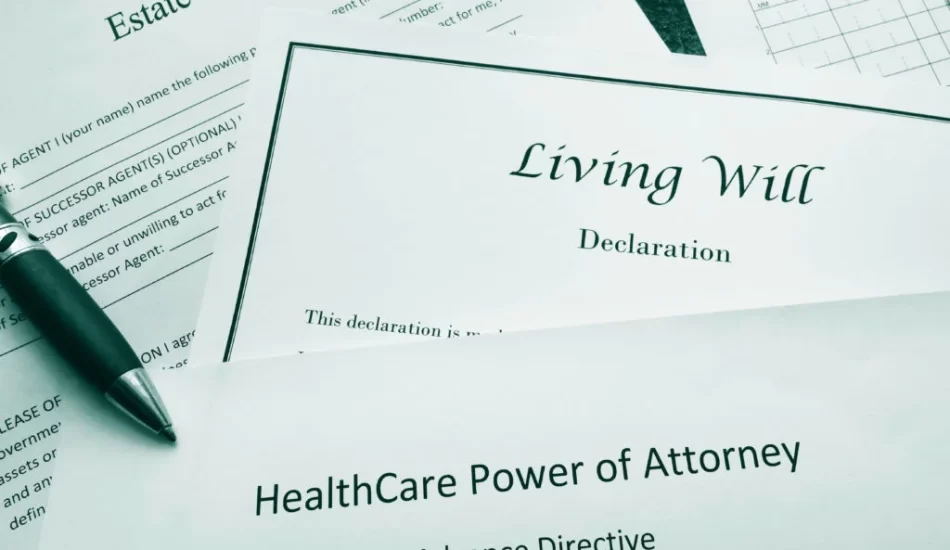7 Estate Planning Mistakes

1. Not Having An Estate Plan in Place.
The biggest mistake you can make is failing to plan. Failing to plan leaves the burden for your loved ones when you pass or become incapacitated. It also means the State will decide where your assets end up.
2. Assuming a Will Is The Only Document You Need In an Estate Plan.
A will is not an estate plan. While a will is part of an estate plan, your estate plan should also include, at a minimum, a power of attorney for finances, a power of attorney for healthcare decisions, and an advance directive. Your estate plan may also benefit from the use of trusts.
3. Forgetting to Update Your Estate Plan After a Major Life Change.
If you’ve had a major life change such as gotten married, gotten divorced, or had a child since your estate plan was developed, then it’s time for an estate plan review and update. If you’ve acquired new assets, you probably need to revisit your estate plan as well.
4. Failing to Fund a Trust.
If you fail to move the assets into the trust, then those assets can’t be distributed through the trust and will have to go through probate.
5. Naming Only One Beneficiary and No Contingency Beneficiaries.
If you only name one beneficiary, then there’s no alternative plan. Providing alternatives by naming contingency beneficiaries strengthens your plan by giving it the flexibility to function if the unexpected happens and your primary beneficiary is no longer living or capable of receiving your assets.
6. Failing To Plan For Your Own Incapacity.
Estate planning isn’t just deciding where your stuff goes when you die. It also includes planning for your incapacity while you’re still living. If you fail to plan for what happens if you become unable to make decisions for yourself, your family may end up fighting in court to be the decision-maker.
7. Failing to Tell Family Where to Locate Your Estate Plan.
Your estate plan can’t be followed if no one knows where to find it. A good way to ensure your family will be able to locate all the necessary information is to leave a Letter of Instruction. This Letter of Instruction should include practical information that may be needed to ensure your wishes are followed.
Request Your
Free Consultation
Fields Marked With An “ * ” Are Required
"*" indicates required fields


